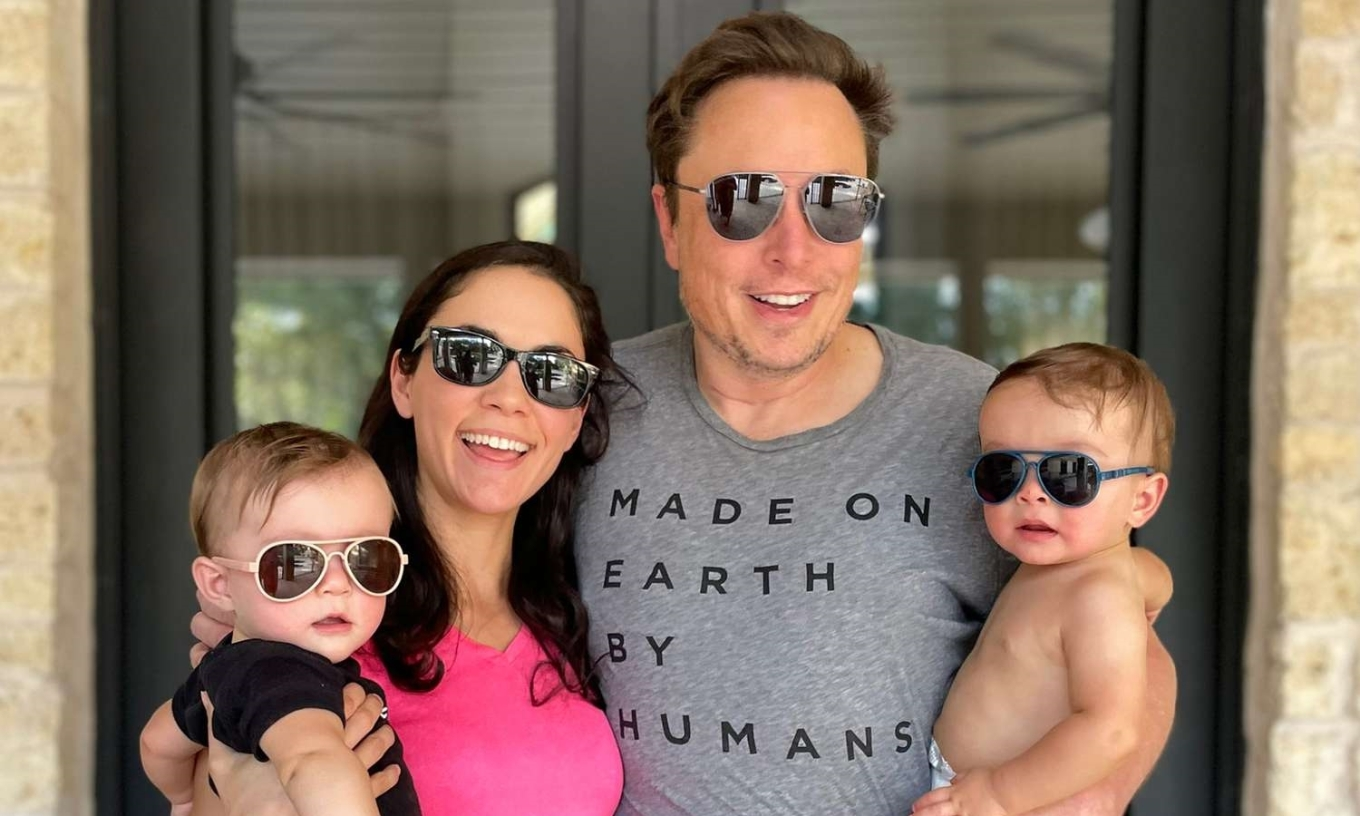Dinner revolved around the topic of maternity, but the conversation went beyond typical parenting experiences. They enthusiastically discussed a bold concept: optimizing fertility and how technology could shape their future children, even before birth.
Among these prominent figures was Shivon Zilis, a senior director at Neuralink, Elon Musk's brain-chip company, and the mother of some of his children. The main focus of the evening was Noor Siddiqui, the young founder of Orchid Health, a startup creating buzz in the tech world with its claim to "create super babies."
Based in San Francisco, Orchid Health isn't a typical fertility clinic. They specialize in unprecedented embryo screening, promising to detect thousands of potential future diseases. This allows prospective parents to "plan" their children with a level of genetic information previously only dreamed of.
Orchid Health's technology goes beyond traditional genetic tests, which focus on rare single-gene mutations. By sequencing the entire three-billion base-pair genome from just 5 embryo cells, the company claims it can screen for over 1,200 single-gene conditions.
Even more remarkably, Orchid Health uses a proprietary algorithm to generate a "polygenic risk score." This score purportedly measures a child's genetic predisposition to complex diseases like bipolar disorder, cancer, Alzheimer's, obesity, and even schizophrenia.
"Orchid is ushering in a generation that is genetically blessed and disease-free," Siddiqui posted on X late last year. "Sex is for fun, embryo screening is for babies."
 |
Billionaire Elon Musk and his partner Shivon Zilis with their two children, Azure and Strider. Photo: X/Shivon Zilis |
Billionaire Elon Musk and his partner Shivon Zilis with their two children, Azure and Strider. Photo: X/Shivon Zilis
Orchid Health was founded in 2021. Speaking to the NYTimes in early April, Siddiqui explained that her mother developed retinitis pigmentosa, a disease that leads to gradual vision loss and blindness, when she was 30. This inspired Siddiqui to create a solution for early disease screening.
The company currently charges 2,500 USD per embryo screening, in addition to the average 20,000 USD for an IVF cycle. Silicon Valley and other tech hubs are Orchid Health's ideal target markets. These individuals are passionate about biotechnology, use technology to monitor their health, and frequently utilize expensive healthcare services.
They are "comfortable with a brave new world of probabilistic, data-driven medical decision-making and are willing to pay a premium to give their children a genetic edge," an expert told the Washington Post.
The first baby supported by Orchid Health, named Japhy, was born in late 2023. The company's solutions are now available in 100 IVF clinics in the US, more than double the number from a year ago. Orchid Health has not disclosed how many babies have been born using its technology.
Zilis is one of Orchid Health's clients. She reportedly has four children with Musk, with at least one conceived using the screening solution, according to The Information. Representatives for Orchid Health, Zilis, and Musk have not commented.
Orchid Health represents part of a broader cultural movement where influential figures like Vice President JD Vance, Musk, and billionaire Peter Thiel are emphasizing the importance of having children and encouraging higher birth rates. It has also given a boost to the fertility industry.
Orchid Health not only helps people have children but is also believed to shape their future in entirely new ways. This has sparked controversy, with some critics arguing that the company's polygenic scoring system promotes a form of contemporary eugenics, enabling a world where the wealthy further enhance their superior intelligence and health from birth, thereby exacerbating wealth disparity from the very beginning of life.
However, Siddiqui refutes this claim. According to her, Orchid Health only assists prospective parents concerned about having children due to potential genetic disorders. Furthermore, the company's solution only "screens for intellectual disabilities, not predicting or intervening in intelligence."
Orchid Health is not alone. Other Silicon Valley companies like Nucleus and Heliospect Genomics are starting to offer similar reproductive interventions. The emergence of these startups is expected to make services more affordable and accessible to a wider audience, beyond the current affluent clientele.
 |
Orchid Health founder Noor Siddiqui. Photo: X/Noor Siddiqui |
Orchid Health founder Noor Siddiqui. Photo: X/Noor Siddiqui
Professor Svetlana Yatsenko of Stanford University, who specializes in clinical genetics, notes that experts have long struggled to extract accurate genetic information from small embryo samples. For instance, Orchid Health's method of creating DNA copies from embryos can lead to significant errors, even likening it to "playing roulette."
Many fertility doctors and scientists also have serious concerns about embryo screening using polygenic risk scoring, a technique that allows Orchid Health and other companies to predict future diseases by linking clusters of hundreds or thousands of genes to disease outcomes, intelligence, and height. "Most human diseases are linked to multiple genes, not just one," an expert said.
The American College of Medical Genetics and Genomics states that the benefits of embryo screening for polygenic risk are "unproven" and warns that clinicians "should not offer" this type of testing. However, the technology is constantly improving, suggesting it may be reliable someday.
Compiled by Bao Lam
Shivon Zilis - the female director who has three children with Elon Musk












